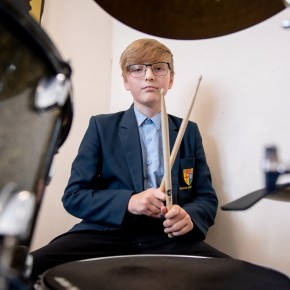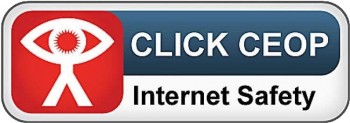Music

Music Department Curriculum Map
The music department offers a wide range of musical experiences, both within the curriculum and in extra-curricular activities. We currently have 4 peripatetic teachers teaching drums, strings, guitar and brass. There are already regular performance opportunities in class, and over the coming year the public will see the likes of a ukulele orchestra, rock bands, vocal group and drum club prepare music for a variety of lunchtime and evening recitals. To join one of these groups, please speak to Mr. Hall, the Head of Music.
Why Study Music at Stalham High School?
You will develop your own musical skills in performance and creativity. You will learn how to evaluate and analyse music in a variety of styles and explore the social and historical contexts of a range of music.
|
Year 7 - 2 hours per fortnight
|
|
Autumn – Instrumental/vocal transition unit; The Blues
Spring – Whole Class ukulele; Find Your Voice/4 Chord Songs
Summer – 4 Chord Songs; Project X Multiple Pathways project
|
|
Year 8 - 2 hours per fortnight
|
|
Autumn – Whole class performance; Band skills
Spring – Song writing; Band skills – in at the deep end
Summer – Parody songs
|
|
Year 9,10 & 11 Music – Edexcel Level 1/2 GCSE (9-1) in Music (1MU01)
|
Why Study GCSE Music?
You will develop your own musical skills in performance and creativity. You will learn how to evaluate and analyse music in a variety of styles and explore the social and historical contexts of a range of music.
Examination Board
Pearson Edexcel Level 1/Level 2 GCSE (9-1) Music (1MU0)
Course Outline
Below is a clear indication of how the course is laid out:
|
Unit
|
Unit title
|
Method of Assessment
|
Weighting
|
Structure of Assessment
|
|
1
|
Performing music
|
Internally assessed/ externally moderated
|
30%
|
One solo performance
One ensemble performance
|
|
2
|
Composing music
|
Internally assessed/ externally moderated
|
30%
|
Two compositions, one in the style of an Area of Study
|
|
3
|
Music - Listening & appraising
|
External
|
40%
|
1hr45min written paper answering questions on all 4 Areas of Study
|
Further details
There are four areas of study which provide the stimuli for the course. These are Instrumental Music 1700-1820, Vocal Music, Music for Stage and Screen, Fusions. Across these areas there are 8 set works to analyse and understand in order to answer the written exam effectively. Examples of music studied are ‘Killer Queen’ by Queen, ‘Main Title’ from Star Wars, and ‘Defying Gravity’ from the hit musical Wicked.
All students at GCSE are expected to be able to perform in front of an audience and listen to a wide variety of music from all genres to support their musical and historical understanding.
Year 9 - 5 hours per fortnight
GCSE content through a variety of skills-based band and technology projects
|
Progression
AS-Level and A-Level Music and Music Technology
Access To Music Level 3 courses
|
Career Opportunities
Performing, recording, sound recording, radio, TV, media, teaching, or music industry jobs such as promoting or marketing.
|
Contact
Mr M Hall
Head of Music
|
|
Autumn
|
- Introduction to GCSE
- Vocal Music set works
- Free composition exercises and task setting
- Performing
|
|
Spring
|
- Instrumental Music 1700–1820 set works
- Free composition
- Performing
|
|
Summer
|
- Music for Stage and Screen set works
- Complete free composition
- Performing
- Composition briefs
|









